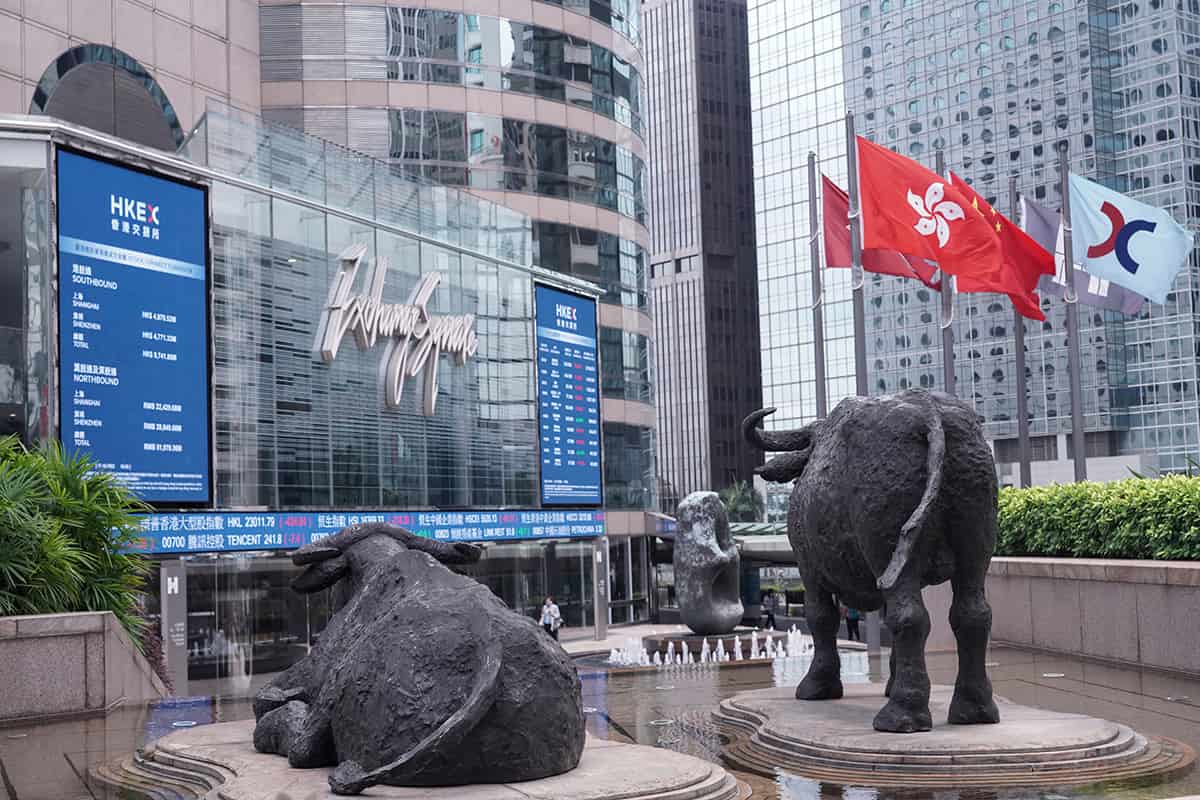A greater number of companies listed on the Stock Exchange of Hong Kong (SEHK) are going private.
In the first quarter of 2024, dealmakers executed $4 billion worth of take-private transactions involving companies on the territory’s bourse. That’s up from $1.2 billion for all of 2023, according to Dealogic data.
The trend does not bode well for the Hong Kong Special Administrative Region (SAR). The market-capitalization benchmark Hang Seng Index fell 14% in 2023.
“On one end, lower valuations would encourage current holders and managers bargains,” says Bryane Michael, an economist and senior fellow at the University of Hong Kong’s Faculty of Law. “On the other end, one might see a socialist government taking more securities out of private hands [especially potentially foreign ones]. Deleveraging probably represents the middle, and most likely ground.”
Stricter listing regulations also led to record expulsions. The SEHK delisted 47 companies from its main board in 2023; 13 withdrew voluntarily. This follows 52 delistings in 2022, of which 37 were booted off.
Companies are believed to be leaving the city’s SAR’s stock market—either through voluntary delisting or privatization—because current valuations are deemed too low. In mid-March, for example, truck-manufacturer CIMC Vehicles offered HK$1.1 billion (approximately $140 million) to buy back all its listed shares not held by its major shareholder and delist from the exchange.
For CIMC, the low liquidity and cheap valuation created difficulty for the company to effectively conduct fundraising exercises on the Hong Kong stock exchange, the company said in a filing to HKEX.
Chinese sportswear maker Li Ning plans to take the company private after a 70% decline in its share price in 2023. Local media also reported that French skincare company L’Occitane consulted investors and advisers about going private.
According to Bloomberg, the Hang Seng Index traded at about 9.1 times forward earnings on average while the CSI 300 Index, which tracks major companies on the Shanghai and Shenzhen exchanges, traded with price-to-earnings ratios of 13.4. Meanwhile, members of the US S&P 500 Index traded at an average ratio of 23.2.
